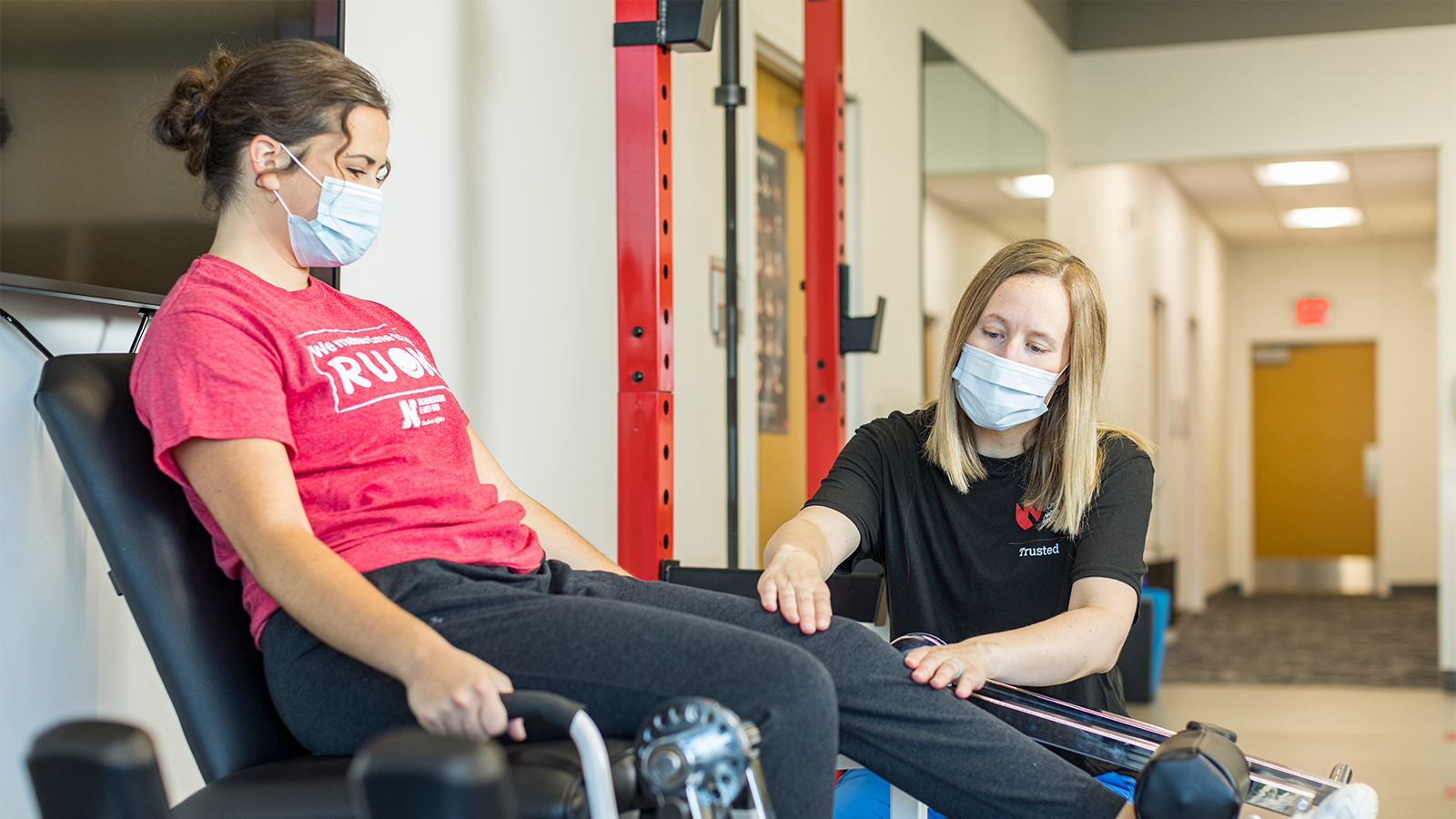Enabling Clients Through Instruction on Cardiopulmonary Recovery for Improved Healing and Quality of Life.
Enabling Clients Through Instruction on Cardiopulmonary Recovery for Improved Healing and Quality of Life.
Blog Article
Cardio-pulmonary rehabilitation is an important program created to assist individuals heal from cardiac and lung diseases. It focuses on improving individuals' fitness-related fitness, knowledge, and overall well-being. Patients who engage in these programs often experience enhanced recovery and a higher standard of life. By providing education tailored to personal needs, cardiopulmonary rehab empowers patients to take charge of their wellness and take informed decisions about their treatment and habits.
One key aspect of cardiopulmonary rehabilitation is physical activity training. Exercise is crucial for strengthening the cardiovascular system and respiratory system, which can turn weakened due to disease or inactivity. Individuals typically participate in monitored exercise classes that are secure and gradually increase in difficulty. These sessions assist to build endurance and improve overall fitness-related function. As patients grow more engaged, they often notice gains in their energy levels and daily tasks, such as strolling, climbing steps, and taking part in community events.
In furthermore to exercise, instruction plays a major part in cardiopulmonary rehabilitation. Patients gain knowledge about their specific conditions, treatment options, and the significance of healthy living modifications. This instruction assists clarify their conditions and lessens emotions of anxiety or discontent. Understanding how their bodies work and the effects of medications and therapies enables patients to make better choices regarding their health. Knowledge about subjects like diet, smoking quitting, and stress control can lead to lasting changes that encourage recovery and avert future click this problems.
Another crucial component of rehab is psychological support. Living with long-term cardiac or pulmonary ailments can be challenging and may lead to feelings of anxiety or depression. Patients are often encouraged to share their experiences and feelings in a supportive group environment. This fellow bond can be incredibly beneficial, as it provides a sense of community. Support from medical professionals, family, and friends also plays a crucial part in the rehabilitation journey, aiding to create strength and drive.
In summary, the goal of cardiopulmonary rehabilitation is to enhance recovery and improve standard of life for individuals. Through customized exercise programs, comprehensive instruction, and psychological assistance, individuals are empowered to take control of their health. By proactively engaging in their rehabilitation process, individuals can experience a renewed feeling of self-assurance and autonomy. This holistic approach not only aids find here in bodily healing but also nurtures a healthier mindset, leading to a more satisfying life in spite of the difficulties of living with heart or pulmonary conditions.